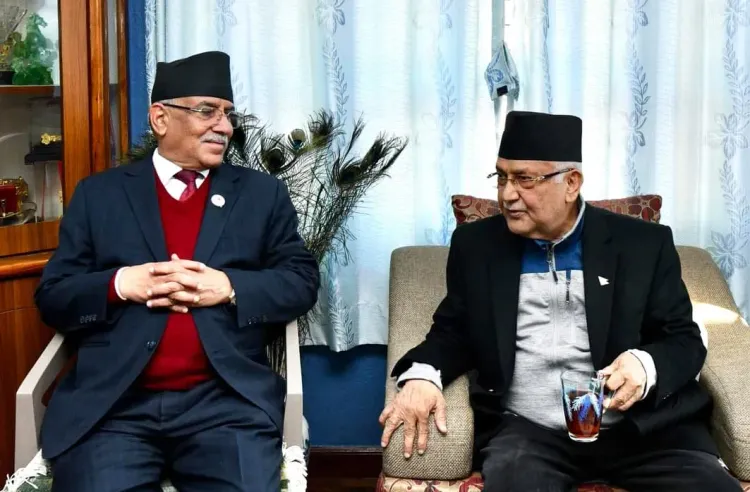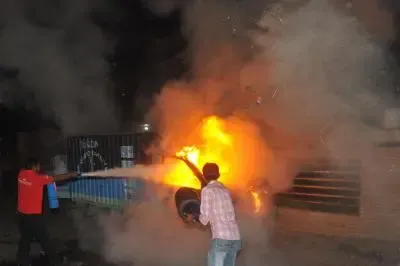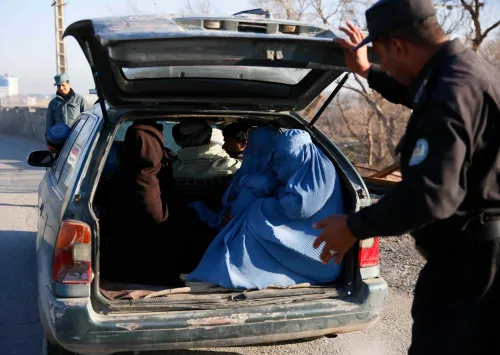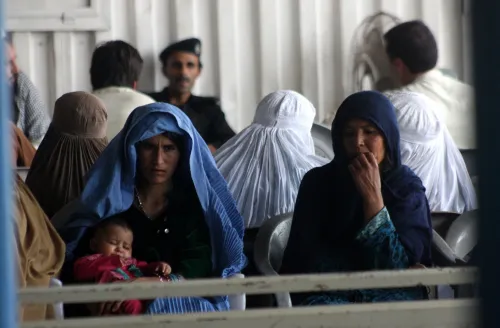Political Parties in Nepal Fail to Reach Consensus on Land Ordinance

Synopsis
Key Takeaways
- Political instability resurfaces in Nepal.
- A controversial land ordinance bill is stalled.
- Janata Samajbadi Party Nepal rejects the ordinance.
- Support from JSP-Nepal is crucial for the ruling coalition.
- Economic impact due to political challenges.
Kathmandu, Feb 15 (NationPress) The persistent political instability in Nepal has reemerged as a contentious land ordinance bill faces delays in the National Assembly.
After both agreement and disagreement regarding the approval of six ordinances introduced prior to the winter session, the Janata Samajbadi Party Nepal and the Loktantrik Samajbadi Party have chosen to reject the land-related ordinance.
The other ordinances proposed aim to enhance good governance and public service delivery, reform cooperative laws, foster a better economic and business climate, boost investment, and amend laws on privatization (first amendment) and fiscal responsibility (first amendment).
The political tension in this Himalayan Kingdom has escalated due to the government led by K P Sharma Oli lacking sufficient support in the National Assembly to pass the ordinances.
Reports from Nepali media indicate that a meeting of the ruling coalition at PM Oli's residence on Saturday aimed to reach a consensus on advancing five of the six ordinances presented in parliament.
According to one leader at the meeting, discussions concentrated on the ordinances, and there was also a phone discussion with Upendra Yadav, chair of the Janata Samajbadi Party (JSP) Nepal. The support from JSP-Nepal, holding three seats in the National Assembly, is essential for the ruling coalition to pass these ordinances in the upper house, as reported by Kathmandu Post.
In July 2024, outgoing Prime Minister Pushpa Kumar Dahal stepped aside for a new government after failing to gain the trust of Nepal's House of Representatives. Both Congress and United Marxist Leninist formed a coalition to establish the new government. Oli became the 14th Prime Minister of Nepal, marking the fifth PM in just five years. As per a power-sharing agreement between the parties, Prime Minister Oli is to transfer power to Sher Bahadur Deuba after two years, leading up to the 2027 elections.
Over time, the fragile alliances, corruption, and a relentless grasp for power have significantly affected Nepal's economy, exacerbating its deep-rooted political instability.










